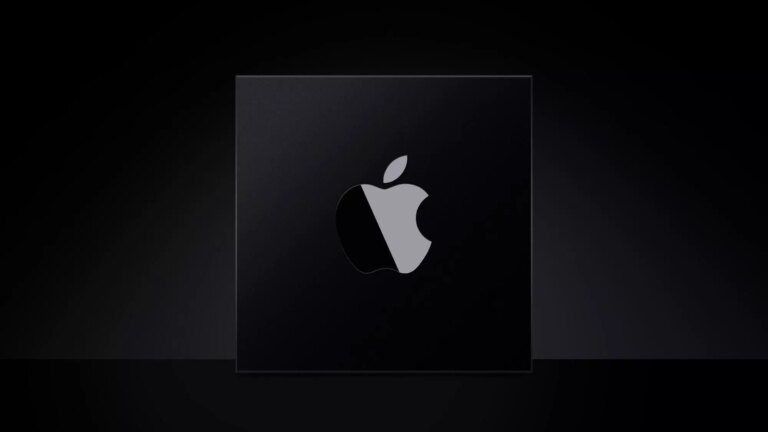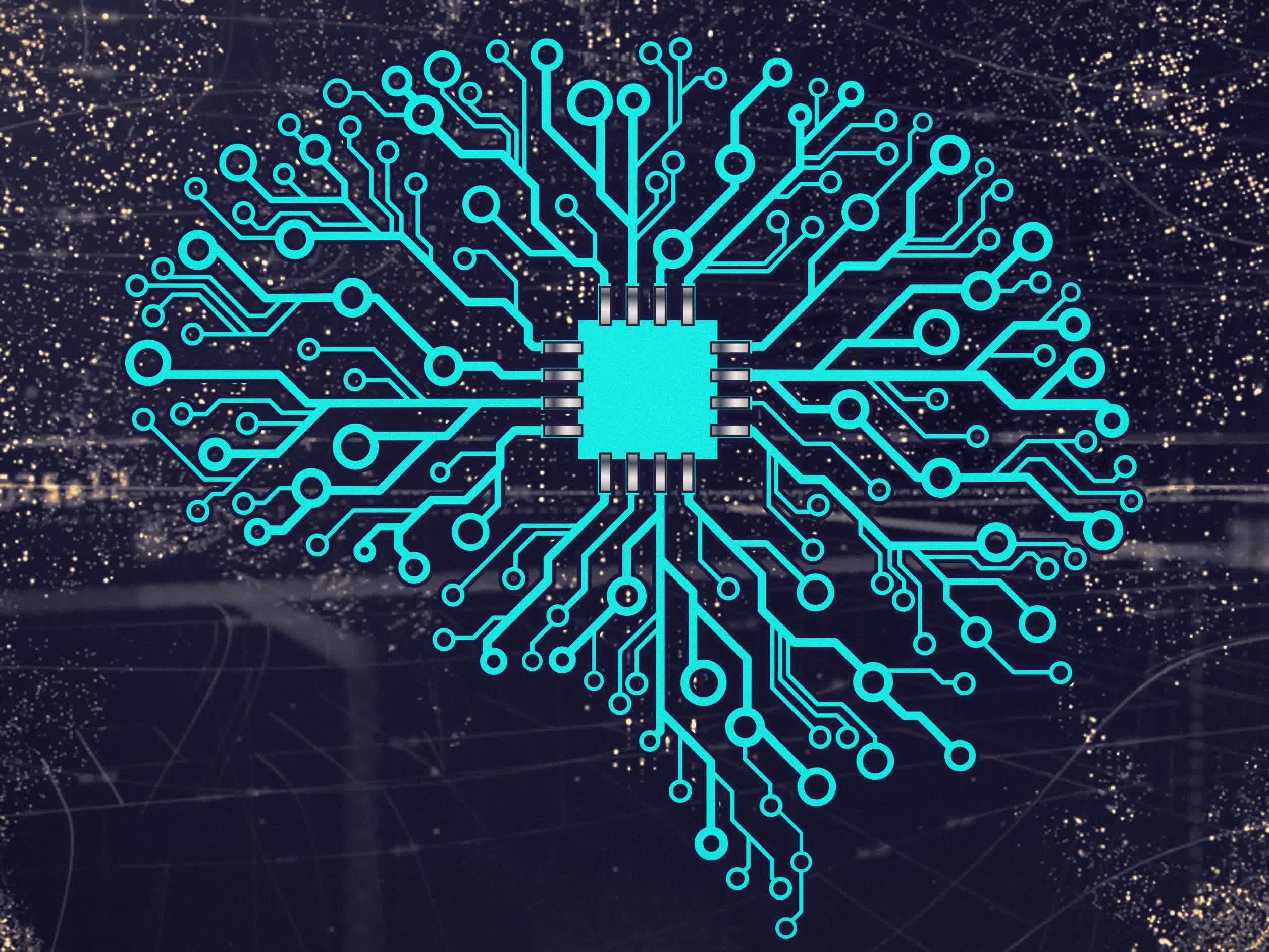
[ad_1]
Rumor mill: As Intel, AMD, and Qualcomm gear up to release a new generation of processors to enable local generative AI capabilities for Windows PCs, Apple has taken a more cautious approach to this trend. Reports indicate that the Cupertino-based company’s initial foray into the AI landscape, expected later this year, will feature M4 Macs.
Bloomberg’s Mark Gurman reports that Apple is set to launch the M4, the next generation of its in-house processors, late this year and early next year. With this new lineup, Apple is joining the AI PC trend, following in the footsteps of Microsoft, Intel, AMD, and Qualcomm.
Less than a year after the launch of the M3 Macs, Apple is expected to introduce several M4 models in various form factors. These include low-end and high-end 14-inch MacBook Pros, a 16-inch MacBook Pro, Mac Minis, and iMacs. Additionally, Apple may launch M4 versions of the 13-inch and 15-inch MacBook Air next spring, followed by a Mac Studio in mid-2025, and finally, a Mac Pro later in the year.

Like other Apple Silicon CPUs, the M4 will be available in multiple tiers. The entry-level chip, codenamed Donan, might power the new MacBook Air, certain MacBook Pro models, and a variant of the Mac Mini. Meanwhile, the mid-range Brava processor will ship in the beefier MacBook Pro and Mac Mini models, while the flagship Hidra processor is reserved for the Mac Pro. Apple is also considering enabling the new Mac Pro to support up to 512GB of RAM.
The next-generation Apple Silicon chip is part of the company’s initiative to focus on generative AI, which it is expected to unveil at WWDC in June. Updates to other devices, such as the iPhone, may also leverage AI. Additionally, Apple is reportedly in talks with Google, ChatGPT, and Baidu to seek assistance in running AI services on its devices.
Although Cupertino has been cautious to avoid the pitfalls that have affected Google and ChatGPT, CEO Tim Cook confirmed that Apple aims to “break new ground” in generative AI in 2024. Hinting at potential applications for the technology, the company unveiled MM1 – a multimodal large language model – last month. MM1 can interpret both visual and textual input to execute complex commands based on context. A demonstration suggested that devices using MM1 could answer complex questions based on photos.

Intel kicked off the current wave of AI-enhanced CPUs with its Meteor Lake series late last year. Following suit, AMD plans to introduce its Zen 5-powered Strix Point APUs, while Qualcomm’s Snapdragon X Elite aims to offer the Arm equivalent to M4 in the race for AI dominance. It remains uncertain whether the new Macs will align with Microsoft’s definition of an “AI PC,” which mandates a neural processing unit (NPU) and a dedicated generative AI key.
Despite the industry’s widespread embrace of this trend, its role in the future of computing is not entirely secure. Reports indicate that Strix Point may have sacrificed a significant amount of cache space to accommodate the NPUs, potentially impacting CPU and iGPU performance. Furthermore, the potential benefits of generative AI to end users remain somewhat unclear.
[ad_2]